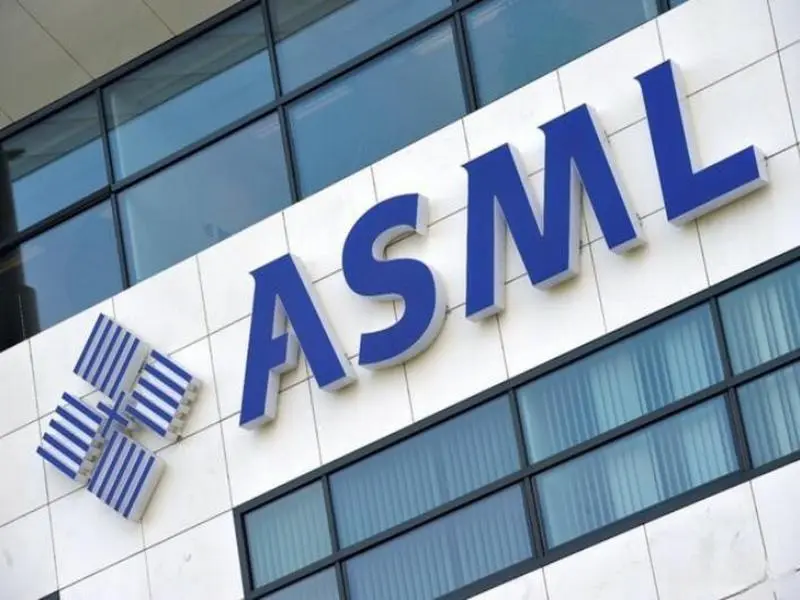- ASML forecasts 8-14% annual sales growth, driven by AI.
- AI demand will boost global chip sales to $1 trillion by 2030.
- ASML is the only supplier of extreme ultraviolet (EUV) lithography machines.
——————
What happened
ASML, Europe’s largest tech company, expects 8-14% annual sales growth over the next five years, driven by the rising demand for AI technologies. The Netherlands-based company specializes in advanced chip-making equipment, especially extreme ultraviolet (EUV) lithography machines, which are vital for producing the most advanced chips used in smartphones and AI accelerators. Despite trade restrictions on sales to China, ASML predicts up to €60 billion in revenue by 2030, benefiting from AI-driven chip demand. CEO Christophe Fouquet is confident that ASML’s EUV technology will help the company capitalize on AI opportunities. However, U.S. export bans on its high-tech machinery to China, which previously accounted for nearly 50% of ASML’s sales, pose challenges. Analysts have welcomed ASML’s projections, seeing them as reassuring after disappointing third-quarter earnings.
Also read: ASML reports successful resolution of global IT outage
Also read: ASML CEO indicates US export restrictions to China due to economic concerns
Why it is important
ASML’s forecast of 8-14% annual sales growth highlights a key moment for the tech industry and the global semiconductor market. As the only company making EUV lithography machines, ASML plays a central role in chip production for advanced technologies like artificial intelligence (AI) and smartphones. The company’s positive outlook reflects growing demand for AI chips, which could drive further growth in industries like machine learning, cloud computing, and autonomous vehicles.
However, ASML’s reliance on exports to China brings significant geopolitical risks. U.S. export bans limit the company’s access to the Chinese market, a key customer historically. This mirrors the broader challenges tech firms face with global trade tensions, particularly the ongoing U.S.-China rivalry.
ASML’s success impacts global supply chains, supporting chipmakers like TSMC. For consumers and investors, ASML’s role shows how global politics affect tech prices and AI progress.

